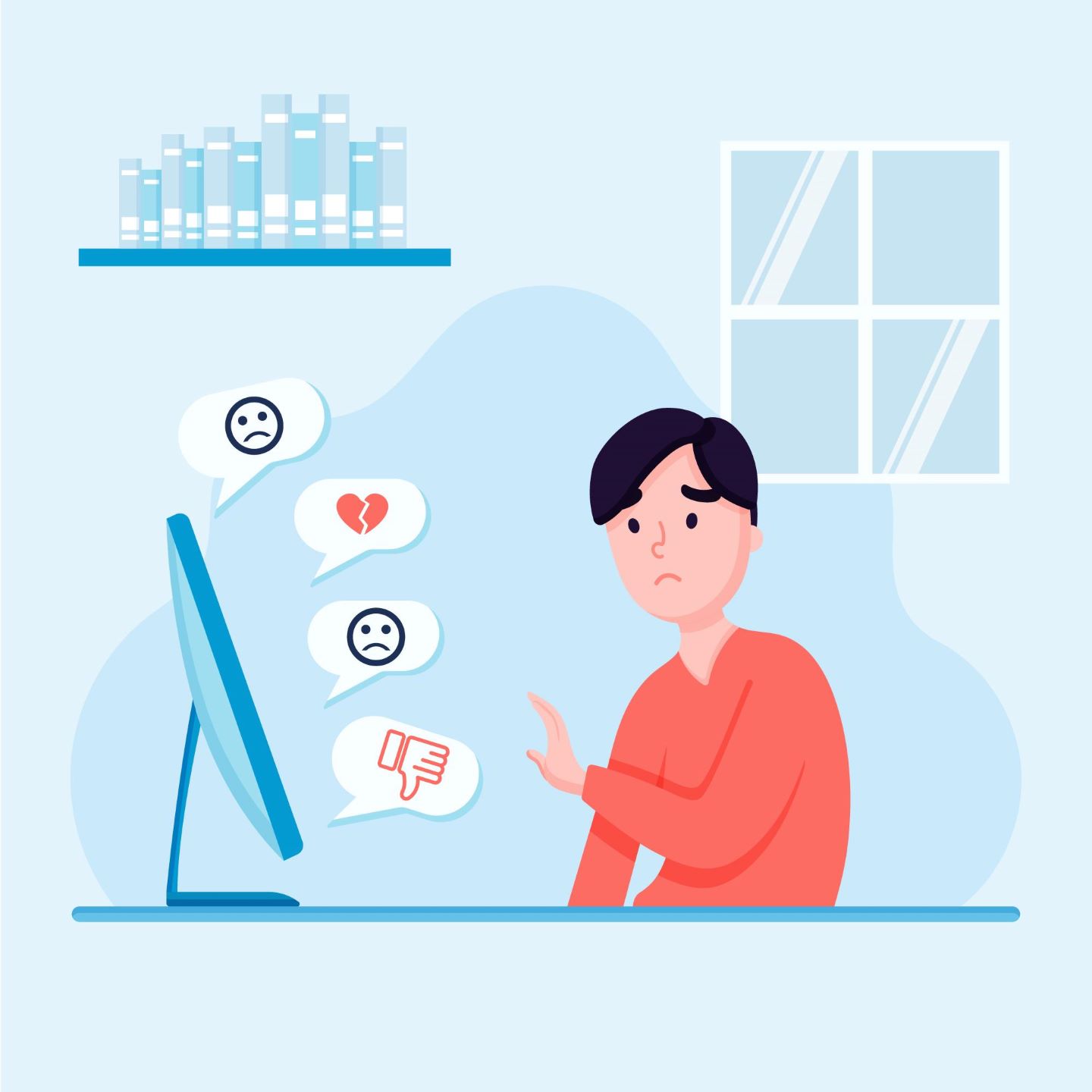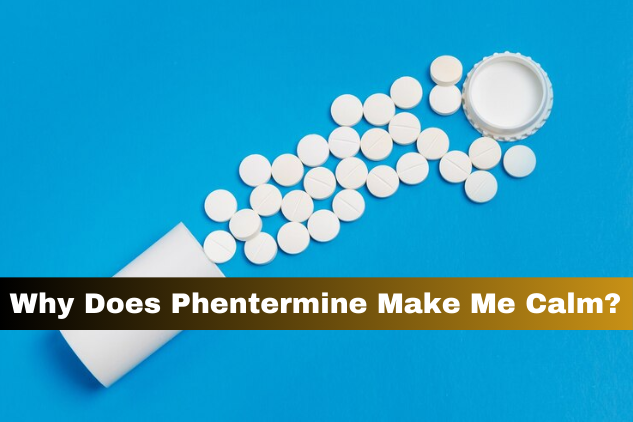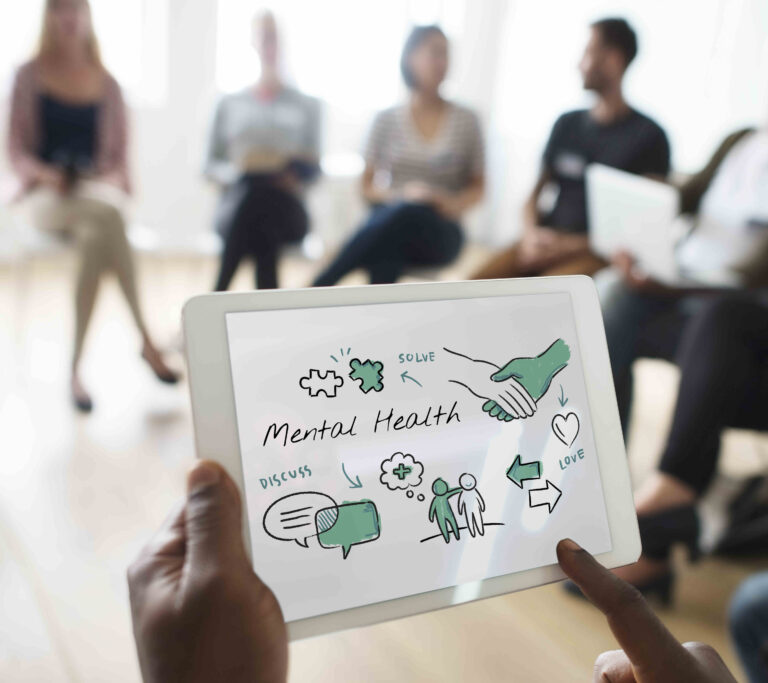Understanding the Mental Health Drawbacks of Social Media

Social media is not all you think it is. Yeah, it makes communication easier and helps you to document your life in a few seconds, but there are drawbacks to consider.
According to Health Assured, many studies are now proving that excessive social media use can have a severe impact on your mental health, causing depression, anxiety, loneliness, self-harm, and even suicidal thoughts.
And to add to this, Verve Behavioral Health IOP believes that any factor that can cause depression, anxiety, and suicidal thoughts should not be ignored but identified early on and handled immediately. But here’s where things get scarier; it’s almost impossible to know the signs or even understand how something as harmless as scrolling through Instagram, Facebook, TikTok, or X could be affecting you so deeply.
The truth is, our relationship with social media is complicated – it’s not all bad, but it’s also not all good. And being more aware of the specific ways it can mess with your mental health is very important.
We’ll be discussing some of the major drawbacks of social media, so you’ll be better able to determine the appropriate boundaries and habits to set around these platforms.
The Comparison Trap
This is one area that affects a lot of social media users today especially millennials. You scroll through perfectly curated feeds filled with highlight reels of other people’s lives, and it’s easy to feel like you’re falling short.
Whether it’s someone’s lavish vacation, picture-perfect relationship, or enviable career success, the relentless exposure to these idealized snapshots can breed feelings of inadequacy, envy, and low self-esteem.
Before you know it, you’re comparing your reality to someone else’s well-crafted, exaggerated lifestyle. This is not beneficial for you or your mental health. You must approach social media with the mindset that everyone is trying to impress and that people will go to great lengths to fabricate a lifestyle or exaggerate a promotion to appear superior.
So instead of comparing your life to theirs, be content with how far you’ve come, and understand that those who are winning in life don’t brag about their wins on social media for likes and cheap dopamine spikes; instead, they seek to inspire others to be the best versions of themselves.
The Validation Cycle
Social media was originally designed to make communication easy, but now it’s mostly used as a tool for validation through likes, comments, and shares. This has created a new dopamine trigger that many users are addicted to.
However, this new addiction to validation can be detrimental to your mental health and can even control your mood.
When a post doesn’t receive the engagement you expected, or when you see others getting more engagements on their posts than yours, it can trigger a feeling of rejection, low self-esteem, and even depression. You start to question your values in life, and soon enough you find yourself trying to impress others just to get their likes and comments (which is one thing we addressed earlier on—living a fake life).
So, in as much as it’s good to have your posts liked and shared, do not reduce yourself to the level where you have to hide your true self and values. Do not allow your emotions to be triggered by the number of engagements you get on your social media posts.
The Fear of Missing Out (FOMO)
Have you ever had your phone while working and felt the urge to take a quick look at Instagram or TikTok? That’s what experts refer to as FOMO (fear of missing out). While you might believe there’s nothing wrong with this behavior, recent studies have shown that it can, in fact, create a sense of anxiety and dissatisfaction.
It can affect your focus, decrease your productivity, and eventually make you miserable (because you end up spending a large chunk of your time scrolling through endless feeds while procrastinating on things that actually matter to you). Eventually, you find yourself feeling drained, unfulfilled, and disconnected from the present moment.
Jim Rohn would say, “When you play, play! When you work, work! But don’t mix the two; don’t work and play.” What this means is that you have to set boundaries for how you use social media. You have to learn to keep your phone aside and focus on yourself. You’ll see that you’ll become happier and more motivated.
The Isolation Paradox
Ironically, while these platforms were created to connect us, they now pose a bigger threat to our relationships and often promote the need to be isolated from the world, which is bad for mental health.
You may have thousands of internet friends you’ve never met before, but the quality of these superficial connections cannot be compared to the depth and intimacy of real-life relationships that your friends and family offer.
So, to avoid putting yourself in a state of isolation (which often leads to depression), you must prioritize your friends, family members, and loved ones. Engage in more physical conversations. Take your friends or loved ones out regularly, and make time to bond with your family. These genuine connections are what you need to feel happy, fulfilled, and supported.
Wrapping Up
There’s no denying that the age of social media has brought a lot of benefits and opportunities, but it also comes with the potential to harm our mental well-being. So you must take proactive measures to protect yourself.
Leverage the advice in this post, and don’t hesitate to get professional help if you feel you have developed a social media addiction that is affecting your productivity.





